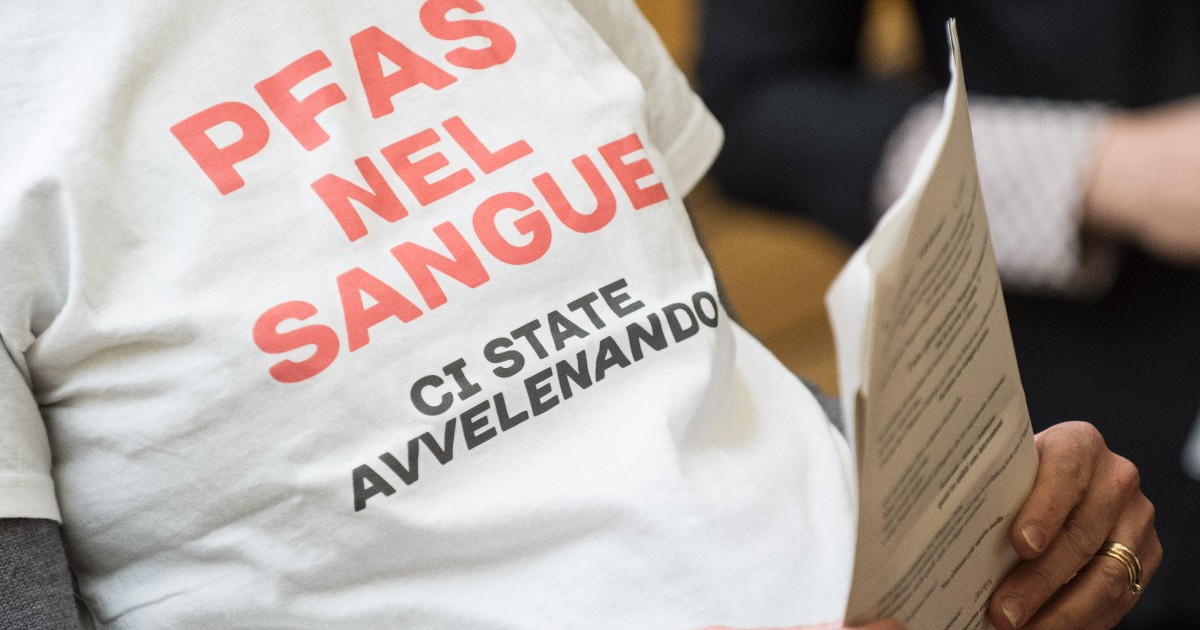Veneto Region Responds to Allegations of Environmental Disaster and Failed Investigation
After more than a month of silence, the Veneto region has finally released a note in response to allegations made in an embarrassing deposition before the Assize Court of Vicenza. The court is currently judging the managers of Miteni of Trissino, who have been accused of causing an environmental disaster through pollution from Pfas (perfluoroalkyl substances) in the region’s groundwater. The allegations include claims that a proposed epidemiological study on the population to understand correlations with cancer risks was halted due to a “non-technical” decision.
The deposition of Peter Comba, the former head of the Department of Epidemiology of the Istituto Superiore di Sanità, mentioned the aborted investigation during his testimony. Comba stated that the ISS and the Veneto Region had collaborated for over a year in 2017 to initiate the study, but it was ultimately blocked. The news outlet Ilfattoquotidiano.it delved into the matter, publishing the minutes of the interrogation.
Recently, the group Mamme No Pfas and Isde (Doctors for the Environment) held a press conference to denounce the failure to initiate the investigation. They specifically highlighted the Vicenza Island section’s independent research on the connection between Pfas pollution and male infertility in the highly polluted “red zone.” As a result, the Veneto Region issued a note defending its actions and stating that numerous epidemiological investigations had been conducted in collaboration with national health authorities and the scientific community.
However, the response from the Region appears to be a denial that does not address the core issue. It fails to answer Professor Comba’s fundamental question about who decided to omit the epidemiological study, which had already been approved. The denial also attacks newspapers for their reporting, claiming that “mass screening” on the exposed population had indeed taken place.
Questions about the abandoned investigation remain unanswered. It is unclear why the study did not proceed after extensive preparations, including the development of a protocol and the allocation of funding. The response from the Region also does not address the undisclosed results of the studies conducted on Miteni workers and the larger exposed population.
Lawyer Matthew Ceruti, representing the civil parties in the Vicenza trial, criticized the Region’s response. Ceruti emphasized that the cited scientific studies were interesting but not a substitute for the omitted epidemiological study on Pfas-related pathology. Regional councilor Cristina Guarda of Green Europe called for transparency regarding the reasons behind the study’s failure to start and the withholding of data on the inhabitants of the highly polluted “red and orange zones.”
Evidence of the Veneto regional council’s resolution, published in May 2016, reveals that it authorized the Higher Institute of Health to conduct an observational epidemiological study on the population exposed to Pfas contamination. The resolution had the support of Luca Zaia, the regional council’s chair, and Luca Coletto, the then councilor for health. Coletto highlighted the importance of biomonitoring and epidemiological studies to assess population exposure. However, for unknown reasons, the resolution was never implemented.
The controversy surrounding the failed investigation and the environmental disaster caused by Pfas pollution continues to raise questions about accountability, transparency, and the health risks faced by the affected population in the Veneto region.
